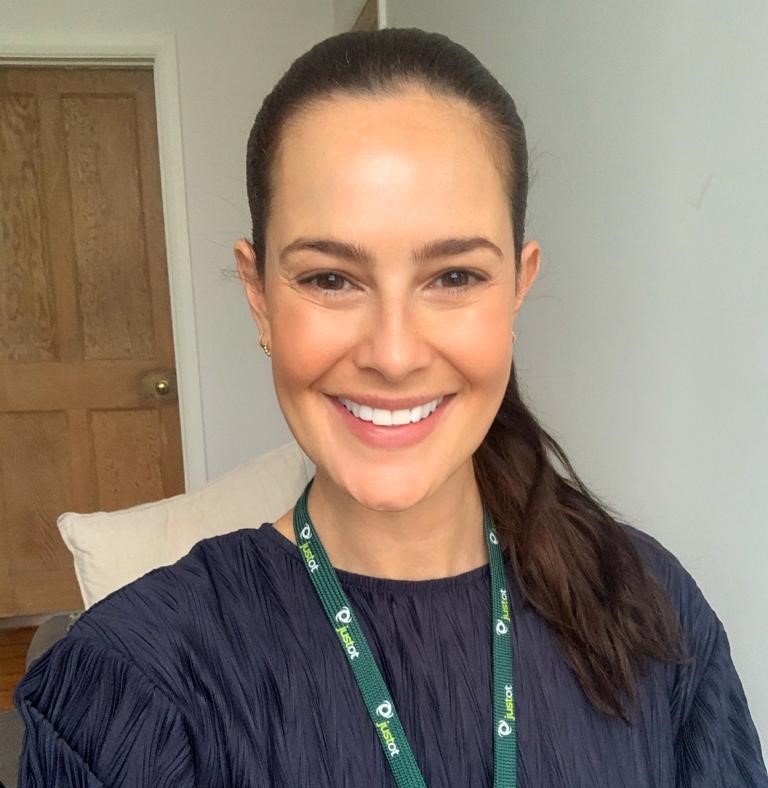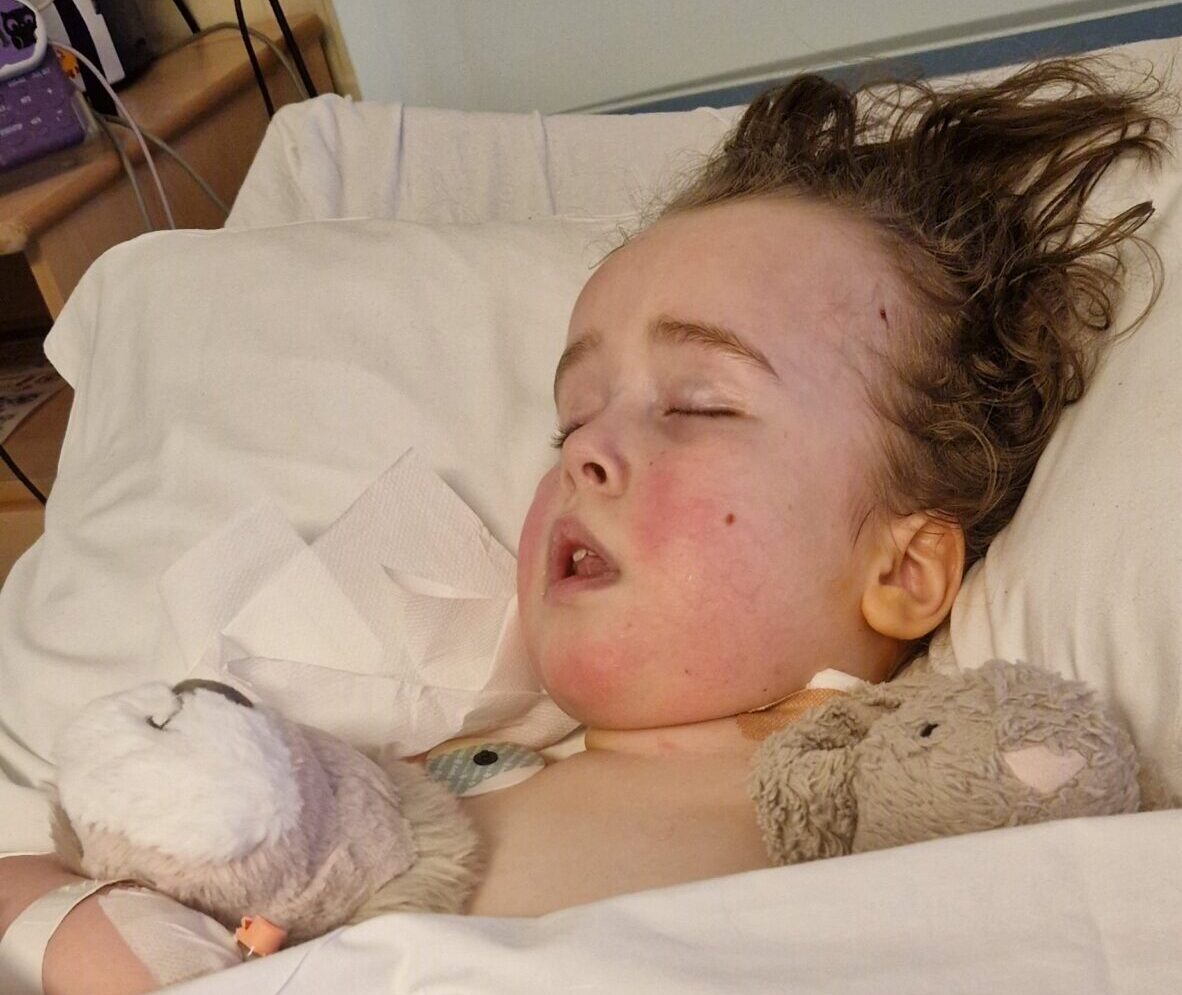Our Impact
From families of new-born babies to those reaching end of life, we support patients from all backgrounds and situations with our transformative cinema experiences. We deliver our evidence-based therapeutic services at scale, supporting numerous people at any one time thanks to the size of the cinemas.
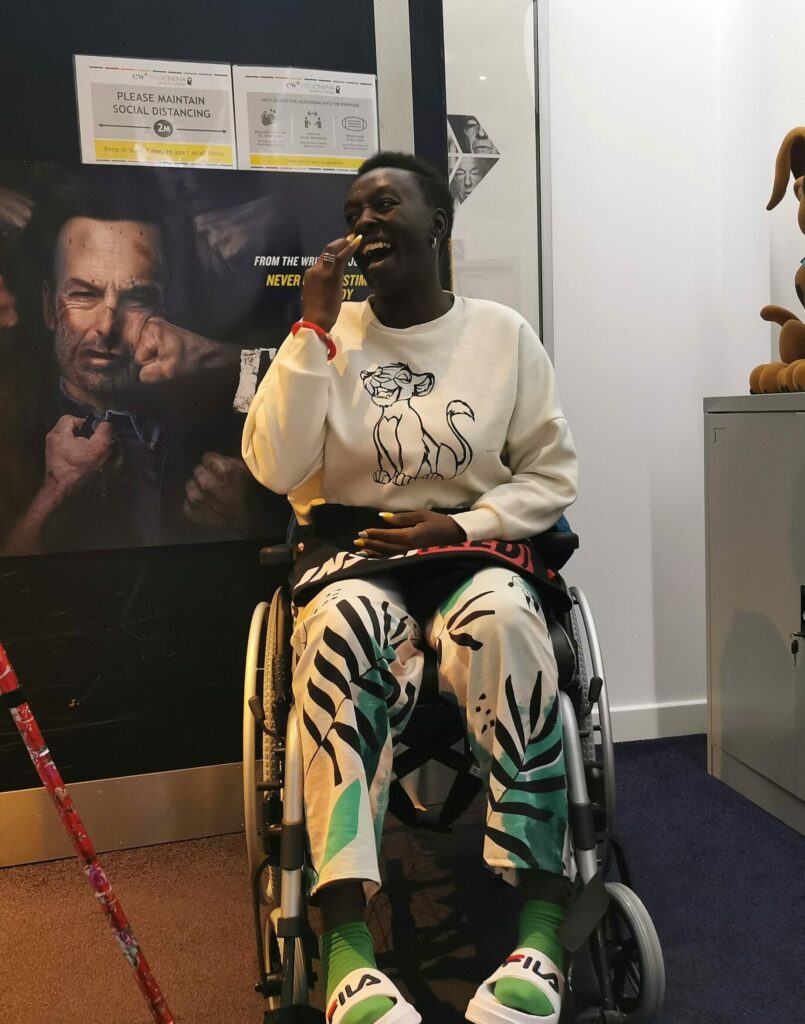)
How We Help
MediCinema provides a range of impactful physiological, psychosocial and psychological benefits and brings wider value to the hospital.
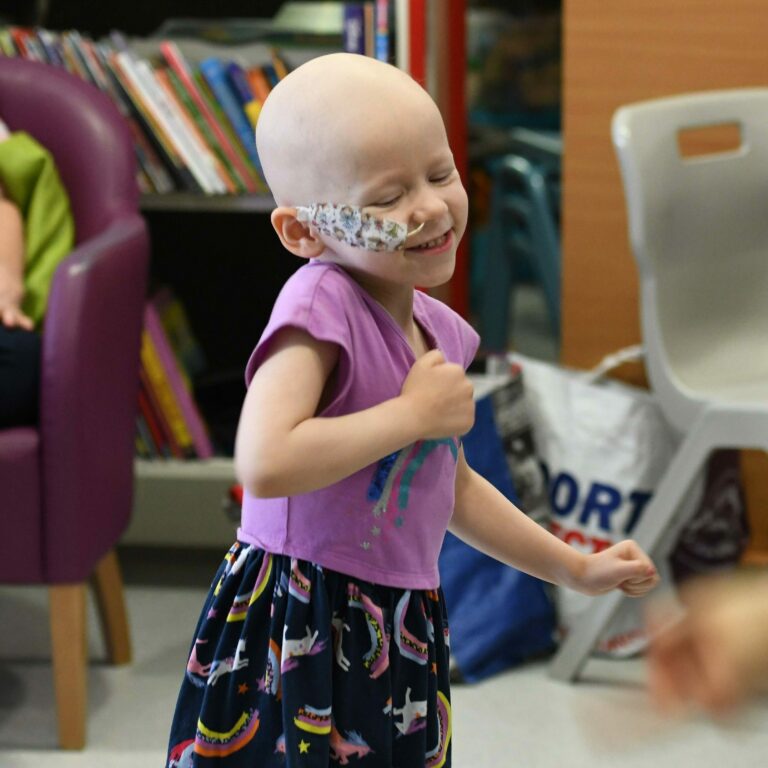
Our regular attendee surveys tell us:
- %
Think MediCinema can help support recovery
- %
Think the positive benefits of MediCinema have a lasting effect
- %
MediCinema helped people to cope and supported their mental health
- %
MediCinema enriched people’s quality of life
- %
MediCinema makes a positive difference to the hospital experience.
- %
The MediCinema experience helps people feel less isolated
- %
The MediCinema experience reduces stress and anxiety
- %
Attending the MediCinema helps reduce pain
Patient Stories
Steven
"It’s not just watching a film; it changes lives and gives people a purpose again. MediCinema gave me back myself again and I never could have expected the amazing support system that came with it."
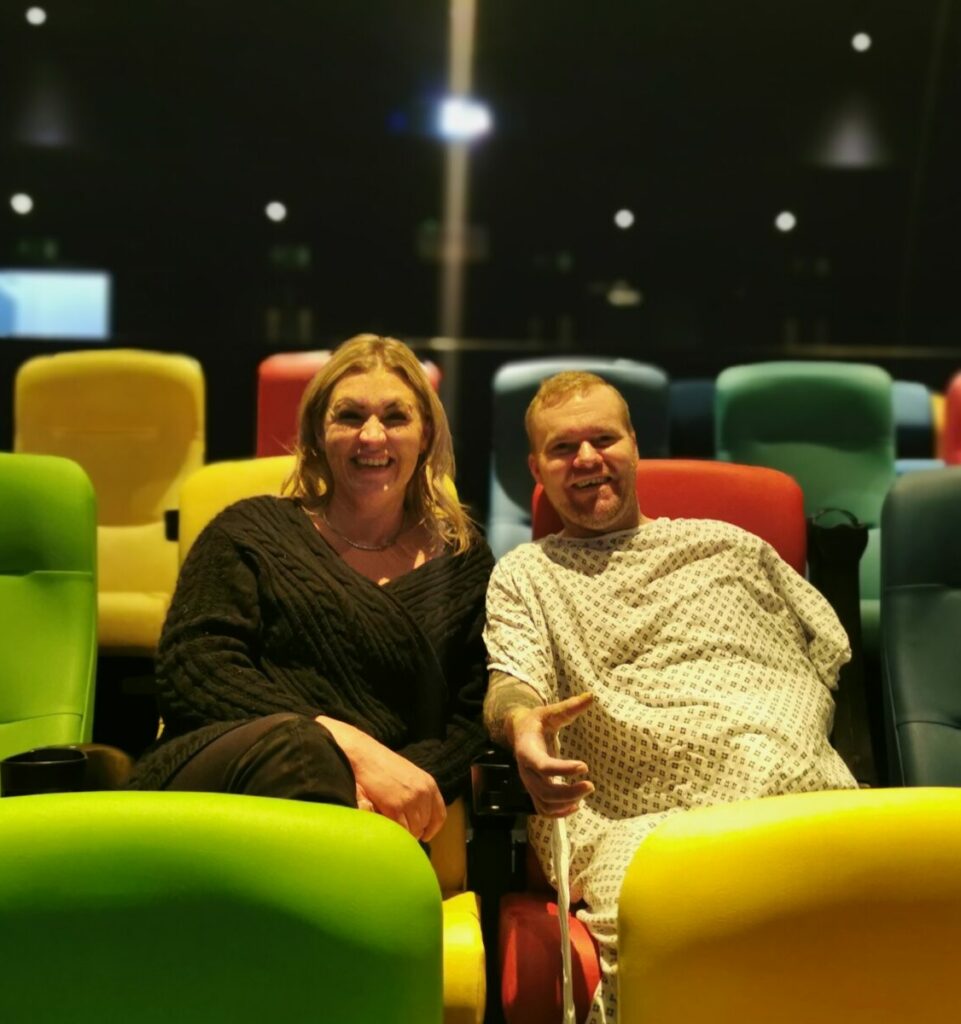
David
"The film started and all the anxiety I had been feeling just washed away. That’s the power of cinema – to take you away from things."
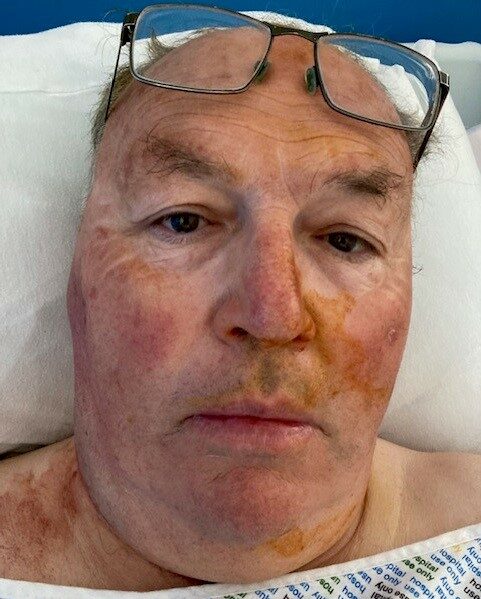
Tom
"Having the MediCinema is something that saved me from the very dark days."
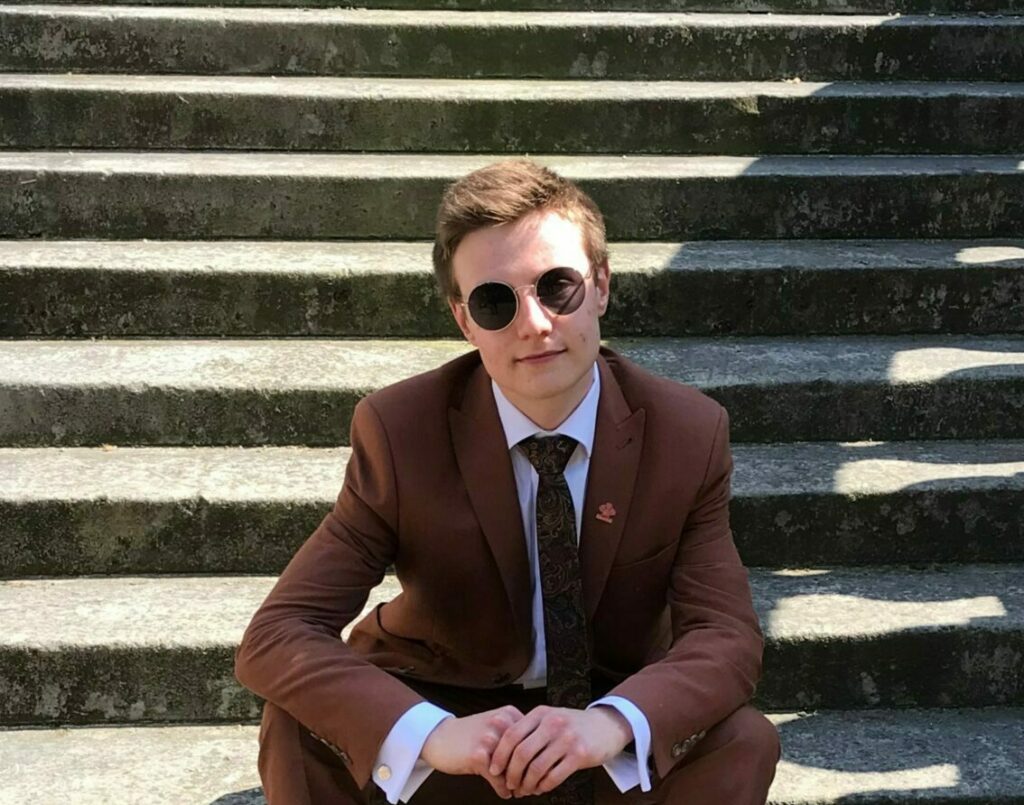
Lexy
"We hope Lexy will live a long and happy life, but it’s going to be a constant battle for her. So, having something like MediCinema is like having someone there to help you stand up and to take a little weight off your shoulders."
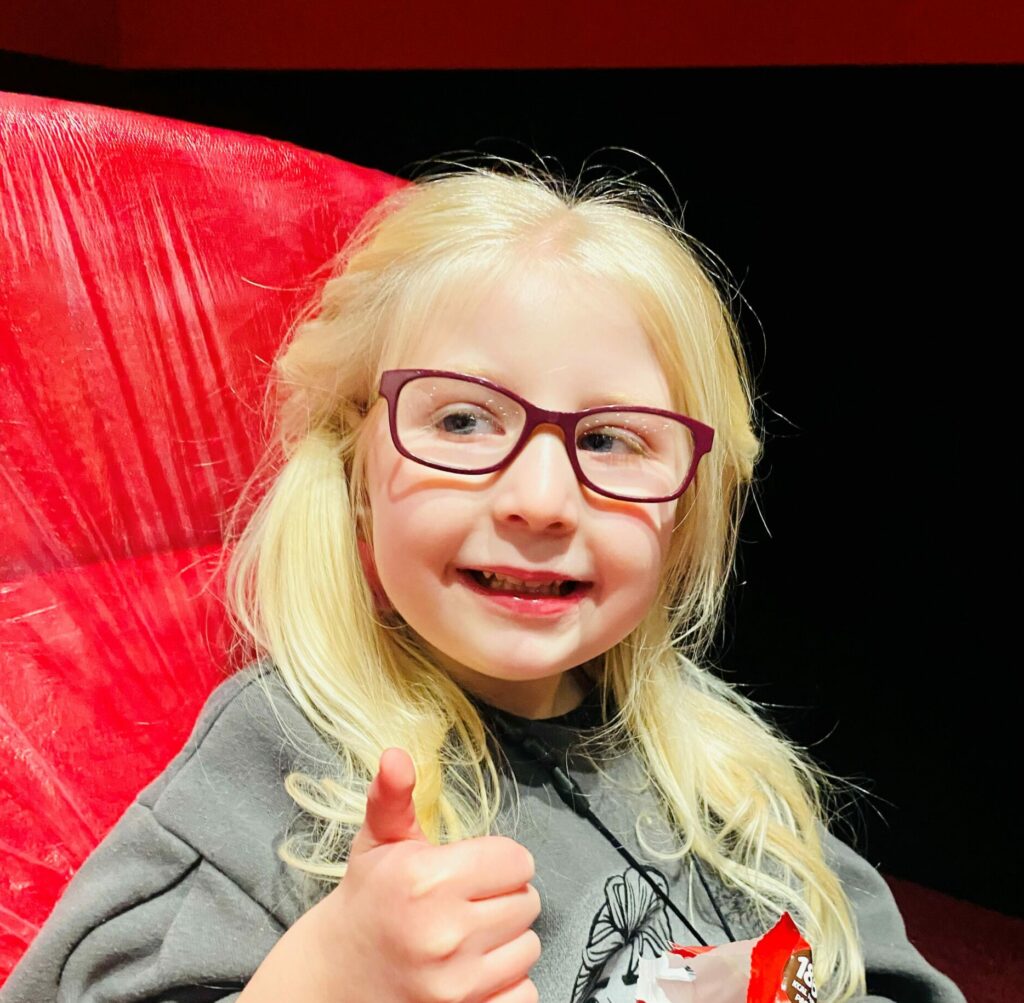
Heidi
"I’ll always remember that moment – watching Roald Dahl’s Matilda the Musical with her and seeing a wry smile on her face when the kids took down the Trunchbull. Even though she was bed-bound and unable to express herself fully, to see her expressions and movement grow with each visit as she healed was the highlight for me."
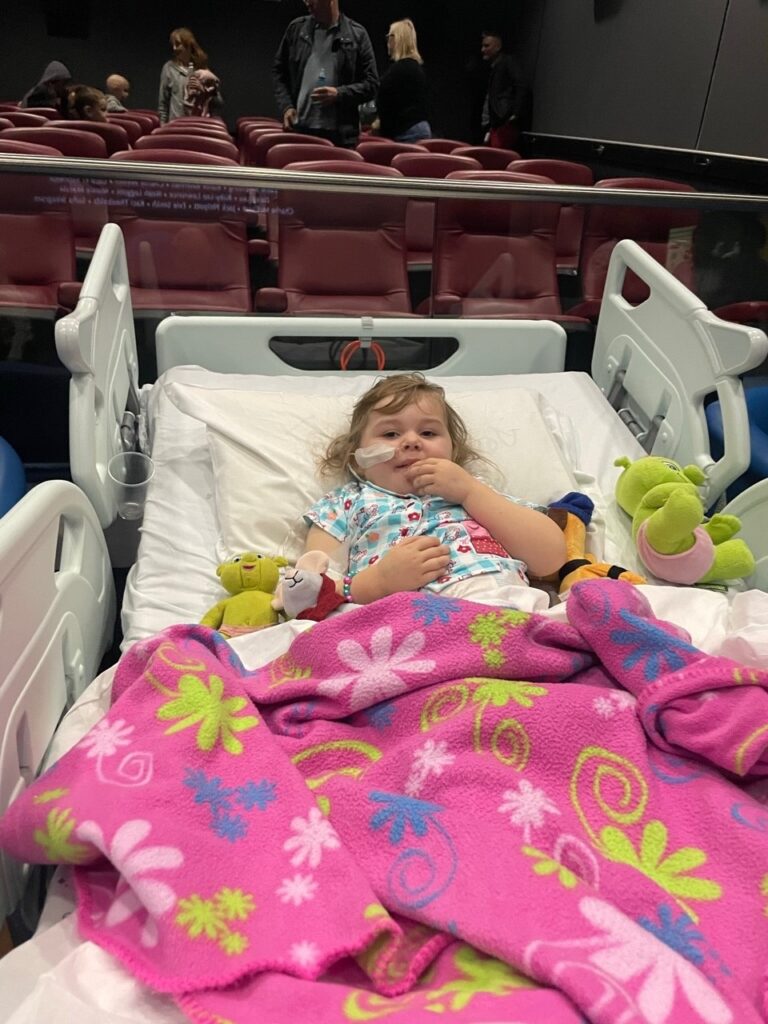
Claire
"Visiting the MediCinema helped my recovery, because it took my mind off things and if your mind feels better, it helps with the physical healing. Obviously, I needed the chemo to be cancer free and it’s pretty hideous – it’s no Calpol! But MediCinema became that extra bit of treatment that helped me the most."
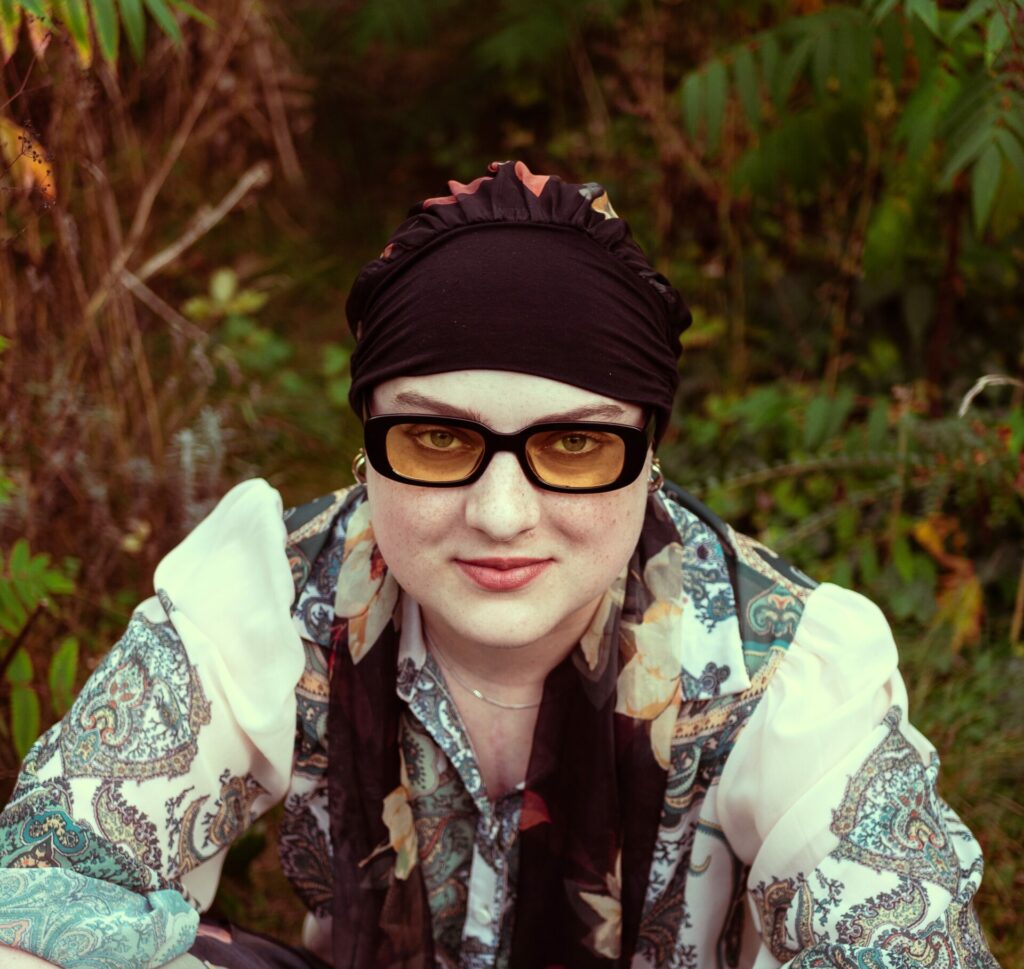
Clinical Stories
Lee Watson
Director of Nursing
"MediCinema is there for our patients and their families and it’s important for staff as well. "
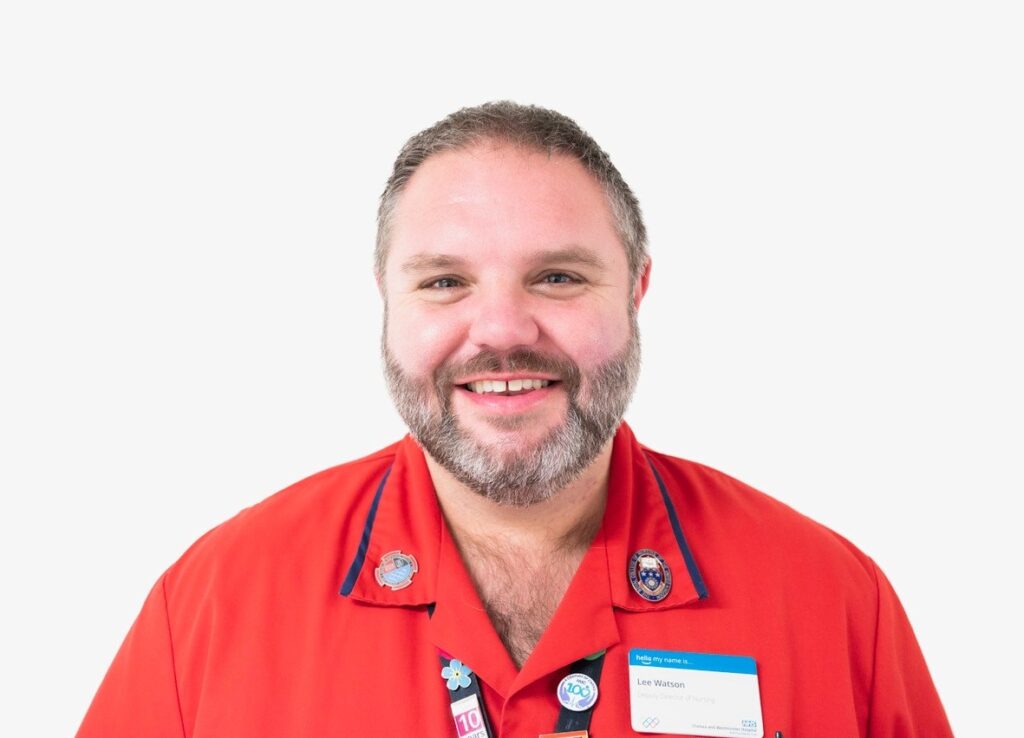
Thomas Ernst
Consultant Physician and Geriatrician
"Loneliness is toxic, disempowering and detrimental to health, so the work of MediCinema in helping people take that first step and escape that downward spiral of exclusion - it couldn’t be more important."
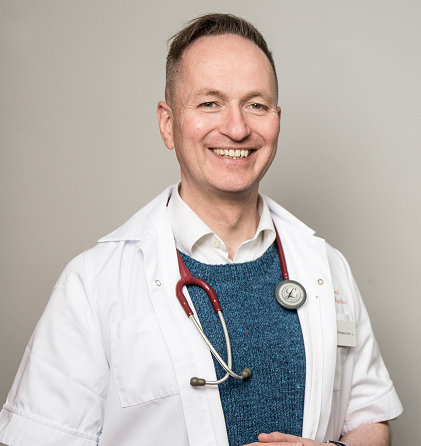
Jamil Shaikh Husein
Staff Nurse, Paediatric Theatres
"The whole MediCinema experience helps patients relax and as a nurse, it brightens me to see a how their mood and attitude can change. It makes our job easier, because if a patient is happier and more relaxed, everything feels more doable it means better rapport and relationships between patients and staff too."
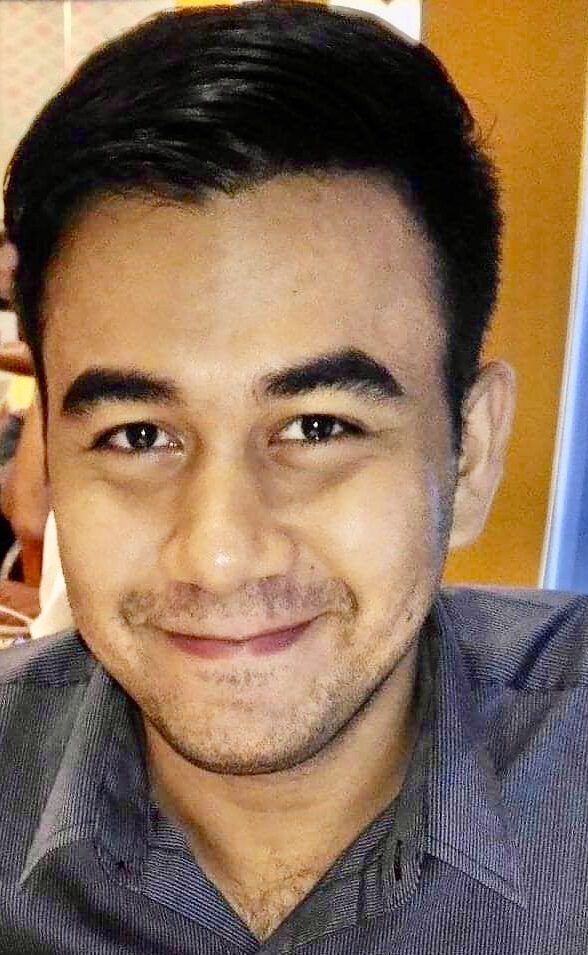
Gemma Buntain
Nurse
"I joined Medicinema after a patient used the service and I saw the positive impact on them. Nothing puts a smile on my face more than people taking selfies and calling it ‘date night’ or ‘trip to the cinema’. And sending it to all their friends and family."
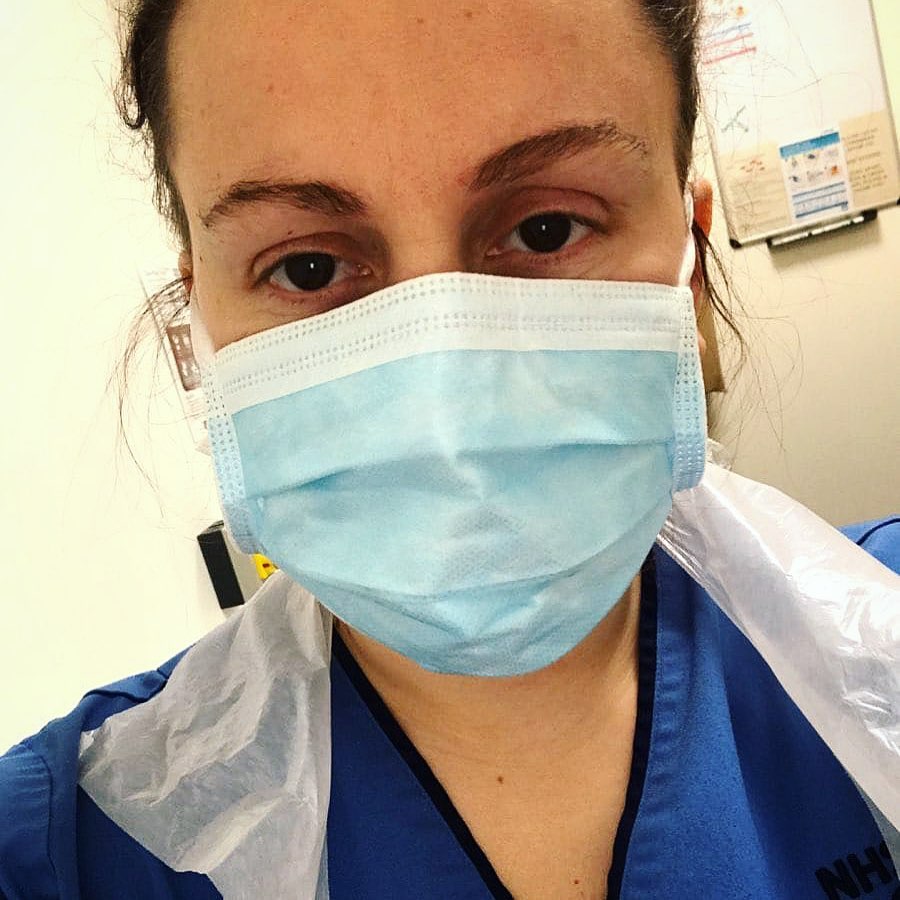
Georgie Griffin
Lead Occupational Therapist, Lavender Walk Adolescent Unit, Child and Adolescent Mental Health Services (CAMHS)
"MediCinema helps lift the mood of our young people and gives them something to look forward to each week. The experience enables them to positively engage in an activity, and helps reduce anxiety by allowing them to concentrate on something else for a while, often leading them to be able to cope better with their situation."
